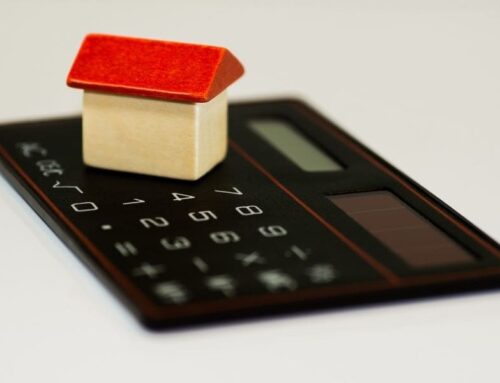A new home appraisal rule just went into effect—the first time in 25 years that “federal regulators have increased the property value limit of the homes that require an appraisal as part of the selling process,” said REALTOR® Magazine. The rule exempts some home sales priced at $400,000 and below from requiring an appraisal. That figure was previously capped at $250,000. “The new rules likely apply to about 40% of home sales, regulators estimate.”

So how will this affect home buyers and sellers? First, it should be noted that those homes that do receive the exemption still have to be evaluated “to provide an estimate of the market value of real estate collateral,” said Housingwire. “The agencies state that the evaluation must be ‘consistent with safe and sound banking practices.’ To that point, the rule establishes that an evaluation “should contain sufficient information and analysis to support the regulated institution’s decision to engage in the transaction.”
Also, the new exemption is not applicable for homes using FHA, HUD, VA, Fannie Mae, or Freddie Mac financing, which eliminates a huge percentage of homes right off the top.
If you are in a position to buy or sell a home that no longer needs an appraisal, should you still proceed with one? Here’s why you may want to consider it.
What is an appraisal?
“A home appraisal is an unbiased determination of the fair market value of the home by a professionally-trained third party,” said Forbes. “While that may sound complicated, all it means is that it’s a chance for someone who’s not personally involved in the sale of the home to give a true representation of the home’s worth. It’s worth noting that an appraisal is entirely separate from a home inspection. The former deals with the financial value of your new home. The latter is an inspection of the functional quality of your home’s systems, like HVAC and plumbing.”
There are a number of factors that contribute to that fair market value. “In a purchase-and-sale transaction, an appraisal is used to determine whether the home’s contract price is appropriate given the home’s condition, location, and features,” said Investopedia. While the evaluation process is intended to provide guidance when it comes to pricing, it is unknown at this point how those evaluations will compare to appraisals, if they will carry the same weight in terms of establishing home value, if they will disproportionately favor the lender, etc.
Value protection
Buyers and sellers each have a vested interest (literally) in knowing how much the home they are buying or selling is worth. For sellers, an appraisal can help inform the listing price, and may also be able to help a seller justify a higher listing price because of improvements they have made to the home.
On the other hand, if a home appraises for less than the sales price, buyers have a negotiating tool. “An appraisal is important because it protects your investment,” said Forbes. “It’s there to ensure that, as the buyer, you don’t pay more than the home is actually worth. It’s also important for securing financing. In today’s mortgage industry a bank will only give you a loan up to the fair market value of the home. Therefore, if an appraisal comes back lower than the purchase price, the lender may only issue you a loan for the appraised amount.”
Position Realty
Office: 480-213-5251



